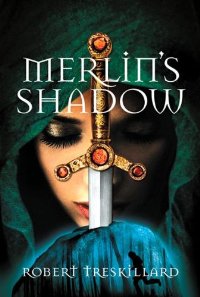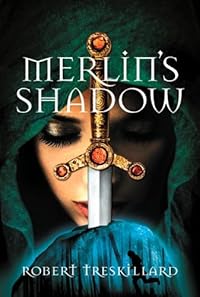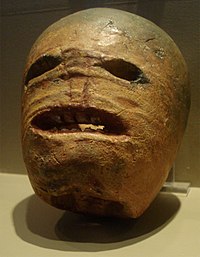What Was Halloween / Samhain Like In Ancient Scotland?
Want to find out what an ancient Halloween / Samhain festival might have looked like? I wrote about it in MERLIN’S SHADOW!
Here an excerpt, edited to remove some small spoilers:
“Tonight, when the moon is dark, the Picts will celebrate their pagan harvest feast of Samhain. Have you not known why they work us to the bone to finish the harvest?”
“Perhaps they will be careless.”
“Perhaps not. To them, it is a night when the otherworld bleeds through to our own to work its mischeif. They will celebrate, certainly, but they will be afraid, and more than likely post more guards around the village.”
“They’re that afraid?”
“They fear the otherworld. And because of that, many fear you.”
“Still?”
“Scafta is afraid.”
“He hates me, sure…”
“Lately, he has been observing you more. The last few days I have often seen him standing in the woods, studying you. Watching from the shadows.”
And here’s a longer one:
Later that day, Merlin, Bedwir, and a number of the others were given the task of dragging logs to a clearing in the middle of the village where the Samhain fire would be lit.
All around, the Picts worked on masks made from the dried, thick hides of large turnips: ghoulish, horned, sooted black, and grinning. They planned to wear these while dancing, and so smeared ashes on their bodies to make them as white as ghosts. Their practiced chants reminded Merlin of a cross between the guttural howls of wolves and the warning cacaphony of crows.
Dusk fell, and all the workers were sent to their end of the village, along with five guards set as watch. Most of them retired to their stone huts for the night, but Merlin gathered his band together and had them light their own small fire about ten paces from the edge of the Picts’ feast.
“This night is special for the Picts,” Colvarth explained to Peredur, who had been brought up ignorant of the old ways, “because for them it marks the death of the season of light, and the birth of the season of darkness.”
A man stepped up to them, the firelight making shadows play on his face. It was Necton.
He grabbed the boy by the tunic and began dragging him toward the feast.
Merlin jumped to his feet and began to follow, motioning for Bedwir to join him …. until Colvarth grabbed them.
“Do not interfere,” he said. “I have witnessed this celebration once before, and I think the boy is safe.”
“You think?”
“I cannot be certain.”
“Then I…”
Colvarth yanked them back. “If I am wrong, there is nothing you can do. There are too many warriors.”
“But I…”
“If something must be done, then wait and pray, and I will tell you when.”
Merlin sat down again and tried to take a deep breath, but his heart sped up instead as he watched the proceedings before him.
Necton took Garth and made him kneel before Scafta, who rubbed his hands together in glee, and then strapped to the boy’s back a wooden saddle from which hung, on his left and right, two large bronze circles emblazoned with the image of the sun. The saddle had a wooden statue shaped like a rider that held a large drinking horn.
“This is the Sun Horn,” Colvarth explained, “and it holds a special admixture of ale and…other things.”
The horn itself had been taken from some massive beast, and Merlin could only fathom how dangerous hunting it must have been. Its drinking edge had been circled in gold, and golden wires spiraled down along the horn’s sides to the sharp tip.
After Garth was positioned and given instructions, he pawed forward on all fours, pretending to be a horse… a very careful horse… and delivered to them their ale. The Picts’ voices rose in uproarious laughter at this spectacle, and Merlin thought Garth would turn red from embarrassment, but for some reason, he did not.
He held still on all fours, first before Ealtain, then before three other leading warriors whom Merlin did not know, then before Necton, each one lifting the horn from its socket, drinking a long draught, and then replacing it.
Last, Garth waddled the horn before Scafta, who lifted it high and babbled on before the crowd about the sun’s death and how they would celebrate that night to assure its warm return. Then he drained the horn before placing it back in its socket in the wooden saddle.
… (continued in the novel)


